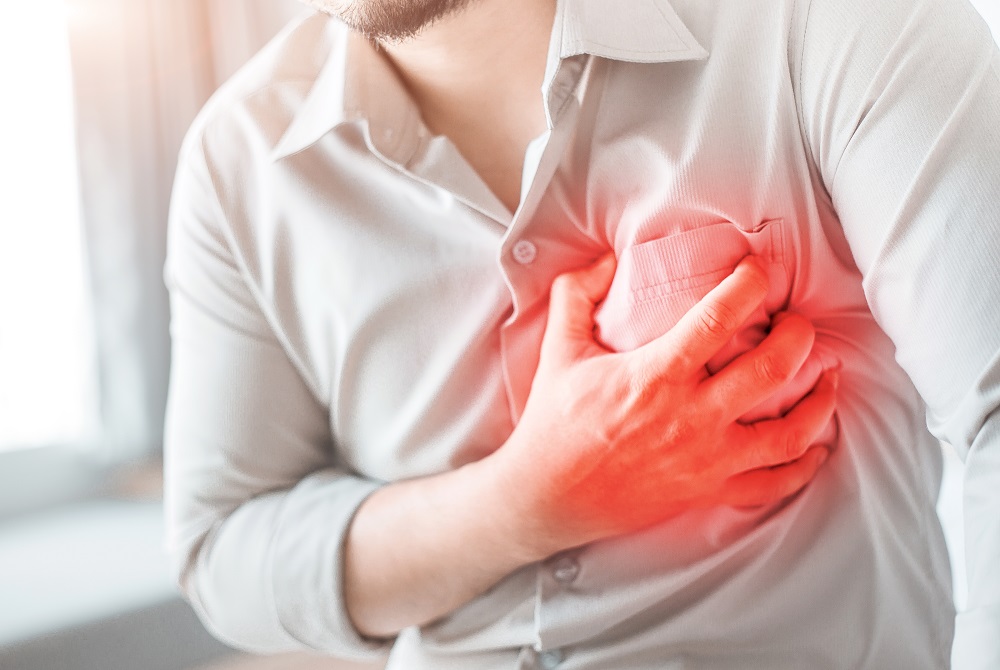
August 19, 2020 – Severe damage to the lungs is one of COVID-19’s most harrowing effects, making breathing hard or impossible for those who’re severely affected, Intermountain Healthcare said in a post on its website.
However, evidence is mounting that COVID-19 also damages the heart, damage either caused by the virus itself, from inflammation triggered by the immune system’s response to the virus, or from increased clotting in heart vessels.
There is now evidence that heart damage may persist even after the patient recovers and, in some cases, that damage may be long lasting. Experts just don’t know how often the heart damage will occur at this point or whether it might affect people with only mild symptoms.
In a prospectus review published this week in the Journal of Molecular and Cellular Cardiology, Kirk U. Knowlton MD, from the Intermountain Healthcare Heart Institute in Salt Lake City, examined more than 100 published studies related to COVID-19 and its effects on the heart.
While lung disease (severe acute respiratory distress syndrome, or ARDS) has been the most consistent problem with the virus, Dr. Knowlton found that many patients also suffer significant cardiovascular damage that might also persist after they have otherwise recovered.
Dr. Knowlton points out that there is considerable evidence that the COVID-19 infection can damage the heart in hospitalized patients via several mechanisms, including myocarditis. However, less is known about the effects of the virus on the heart in patients that do not require hospitalization or in those that do not develop significant lung disease.
Other cardiovascular manifestations of COVID-19 include a thrombotic or clotting disorder that may manifest as deep-vein thrombosis, pulmonary embolism, stroke, and peripheral artery disease. Also, thrombosis of small and medium size vessels can contribute to cardiac injury…




